Category: Organizational Update
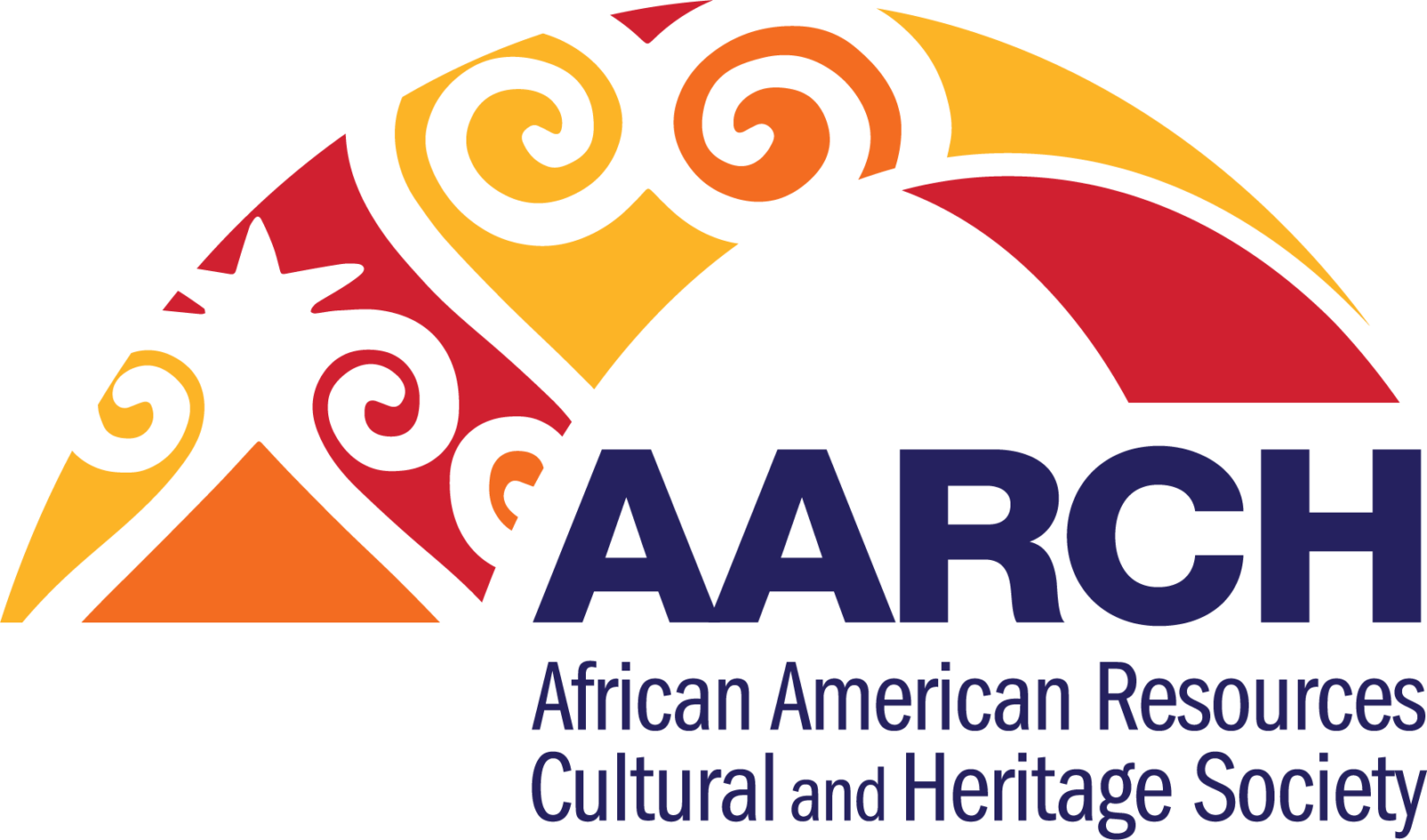
AARCH Society Elects New President
October 24, 2024The African American Resources Cultural and Heritage (AARCH) Society is pleased to announce the election of Olivia G. White, Ph.D., as the new President of the AARCH Society Board of Directors.

“Olivia has been an important advocate for the AARCH Society for many years,” says Seaven Gordon, Vice President of the Society’s Board of Directors and a founding member. “Most recently Dr. White has served as co-chair of our Fundraising Committee. We are thrilled to have her on our Board and as our President and to gain her vast experience, leadership skills, and deep understanding of the value that organizations like the AARCH Society bring to the community at large.”
Dr. White is the retired vice president for student life and dean of students at Hood College, located in Frederick, Md. Currently, she serves as the Project Manager for the NCNW Good Health Women’s Immunization Networks (Good Health WINs) and Chair of the Charitable Partners Committee under the National Strategic Partnerships Committee of Delta Sigma Theta Sorority. She also contributes to several boards and community-based organizations including the Frederick County Alumnae Chapter of Delta Sigma Theta Sorority, Inc., Weinberg Center for the Arts, and the Rotary Club of Carroll Creek. She is an active member of Beltway Church of Christ, serving as the co-chair of the Education Ministry and a teacher.
“I am truly honored that the Board of Directors of the AARCH Society has elected me as the new President,” Dr. White says. “This is an incredibly exciting time and opportunity to work with the Board members, community partners, and the Society’s many stakeholders to further amplify its mission and to take forward an expanded vision for educating and transforming lives through the African American Heritage Center.”
As President, Dr. White will lead the AARCH Society’s team that will bring William O. Lee Jr. and David Key’s vision of preserving, sharing and celebrating Frederick County’s rich African American history, heritage and culture to fruition. The grand opening of the Heritage Center at the corner of Carroll and All Saint’s Streets, currently under construction and scheduled to open in 2025, will be a testament to the perseverance and commitment of the visionary founders, Board members, funders, volunteers and community members who have dedicated time, talent and treasure to making this vision a reality.
“I am inspired by the collective wisdom, passion, and dedication of all within the Frederick community, and beyond, who have supported and continue to support AARCH Society,” Dr. White continues. “For me it is truly an honor, privilege, and blessing to serve in this role. We are poised to make a meaningful and lasting impact on Frederick and the state of Maryland. I invite everyone to join me on this incredible journey.”
Please join us in welcoming Dr. White.
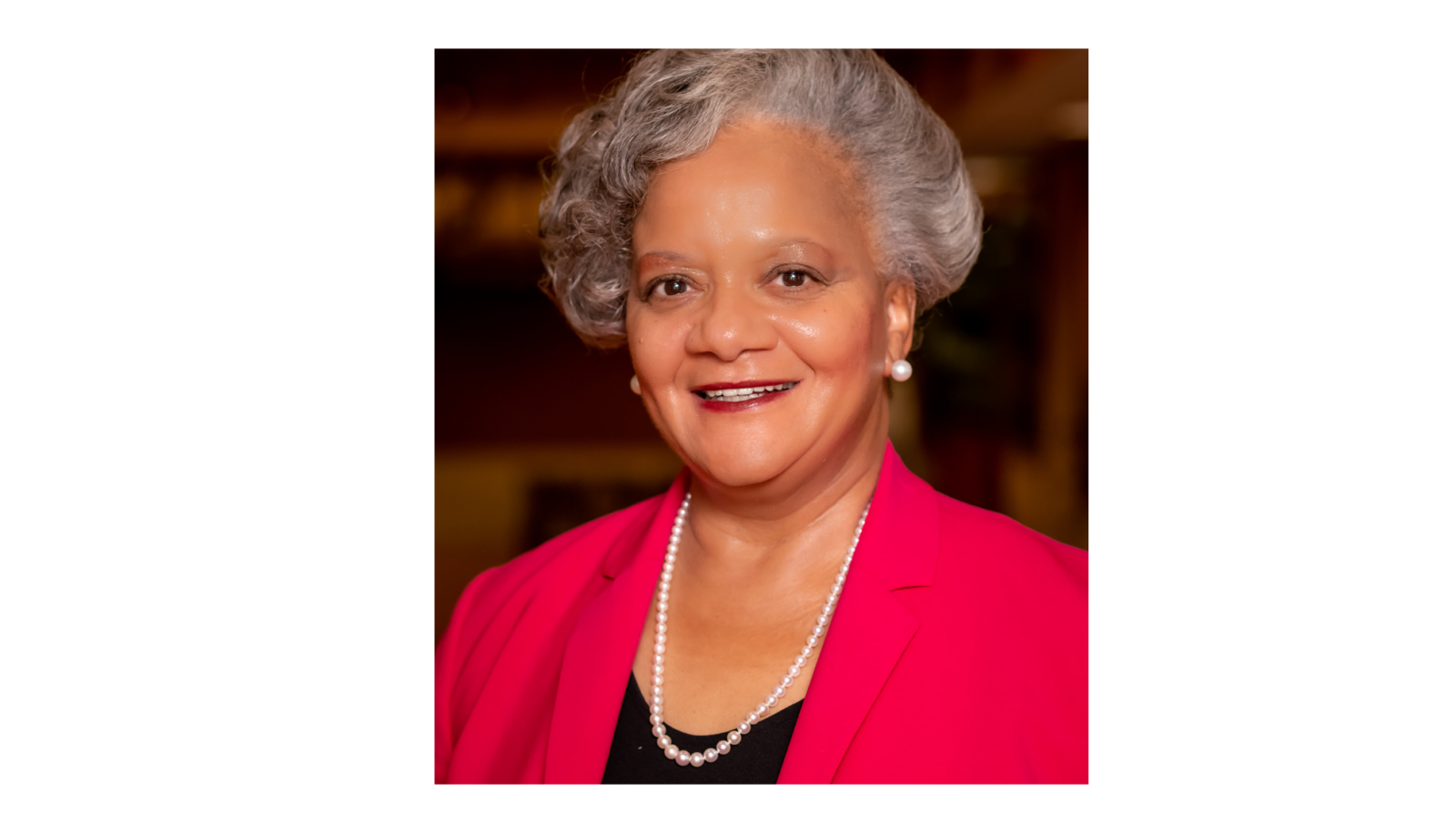
AARCH Society Hires Executive Director
September 4, 2023Dr. Cheryl R. Gooch to Lead in Newly Created Role
The African American Resources Cultural and Heritage Society is excited to announce that we have hired Cheryl Renée Gooch, Ph.D., as our first-ever Executive Director.
Dr. Gooch is responsible for leading AARCH Society’s programs and events; the successful establishment of the African American Heritage Center currently slated to open in 2024 at the corner of Carroll and All Saints Streets in Frederick’s historic district; and expanding AARCH Society’s partnerships with educational, cultural, and civic organizations.
Dr. Gooch has an extensive background in academia, most recently serving as the Vice President for Academic Affairs at SUNY Schenectady. She has authored scholarly articles and two books: “Hinsonville’s Heroes, Black Civil War Soldiers of Chester County, Pennsylvania” and “On Africa’s Lands: The Forgotten Stories of Two Lincoln-Educated Missionaries in Liberia.”
“We are thrilled to be taking this important step forward with a committed leader experienced in building collaborative community relationships and dynamic cultural programs,” says Protean Gibril, President of the AARCH Society Board of Directors.
A passionate chronicler of the African American experience, her museum work includes developing interpretive themes for the soon-to-be-opened Carter G. Woodson Home National Historic Site. She also served as lead historian and writer for the “Journey to Freedom” exhibition at the Delaware History Museum chronicling the Delawarean Black experience from 1639 to the present.
Dr. Gooch will be a featured speaker at the 2023 Unity Ball, a fundraising event at New Spire Arts on October 28, co-hosted by AARCH Society and Jack and Jill of American Western Maryland Chapter.
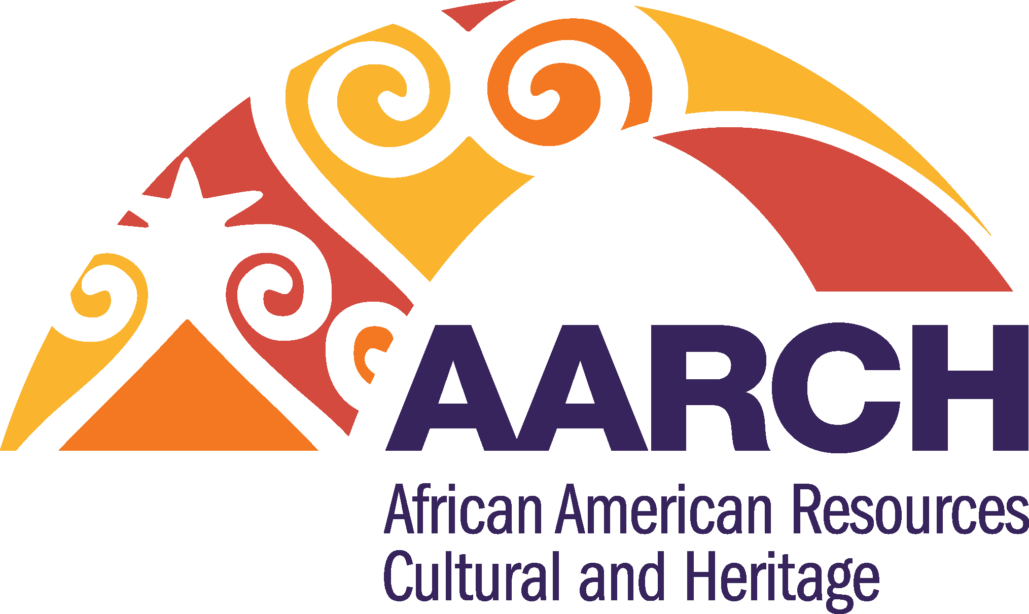
Sen. Ron Young, Sharon Isaacs Join Board
August 9, 2023We are excited to share the addition of two new members to the AARCH Society Board of Directors.
 Former State Senator Ronald Young, Jr., began his career as a social studies teacher in Frederick County, and in 1969 was elected to the Frederick City Board of Alderman. In 1973, he was elected Mayor of Frederick, and won three consecutive re-elections in 1977, 1981 and 1985. In 2010, Young was elected to the Maryland State Senate, and served in that role for 12 years before retiring in 2022. He is an avid historian and Frederick County advocate, serving as a positive force in Frederick’s economic and cultural growth for decades. In Frederick City, he spearheaded the revitalization of Frederick’s historic downtown and the development of the Carroll Creek Linear Park and flood management system.
Former State Senator Ronald Young, Jr., began his career as a social studies teacher in Frederick County, and in 1969 was elected to the Frederick City Board of Alderman. In 1973, he was elected Mayor of Frederick, and won three consecutive re-elections in 1977, 1981 and 1985. In 2010, Young was elected to the Maryland State Senate, and served in that role for 12 years before retiring in 2022. He is an avid historian and Frederick County advocate, serving as a positive force in Frederick’s economic and cultural growth for decades. In Frederick City, he spearheaded the revitalization of Frederick’s historic downtown and the development of the Carroll Creek Linear Park and flood management system.
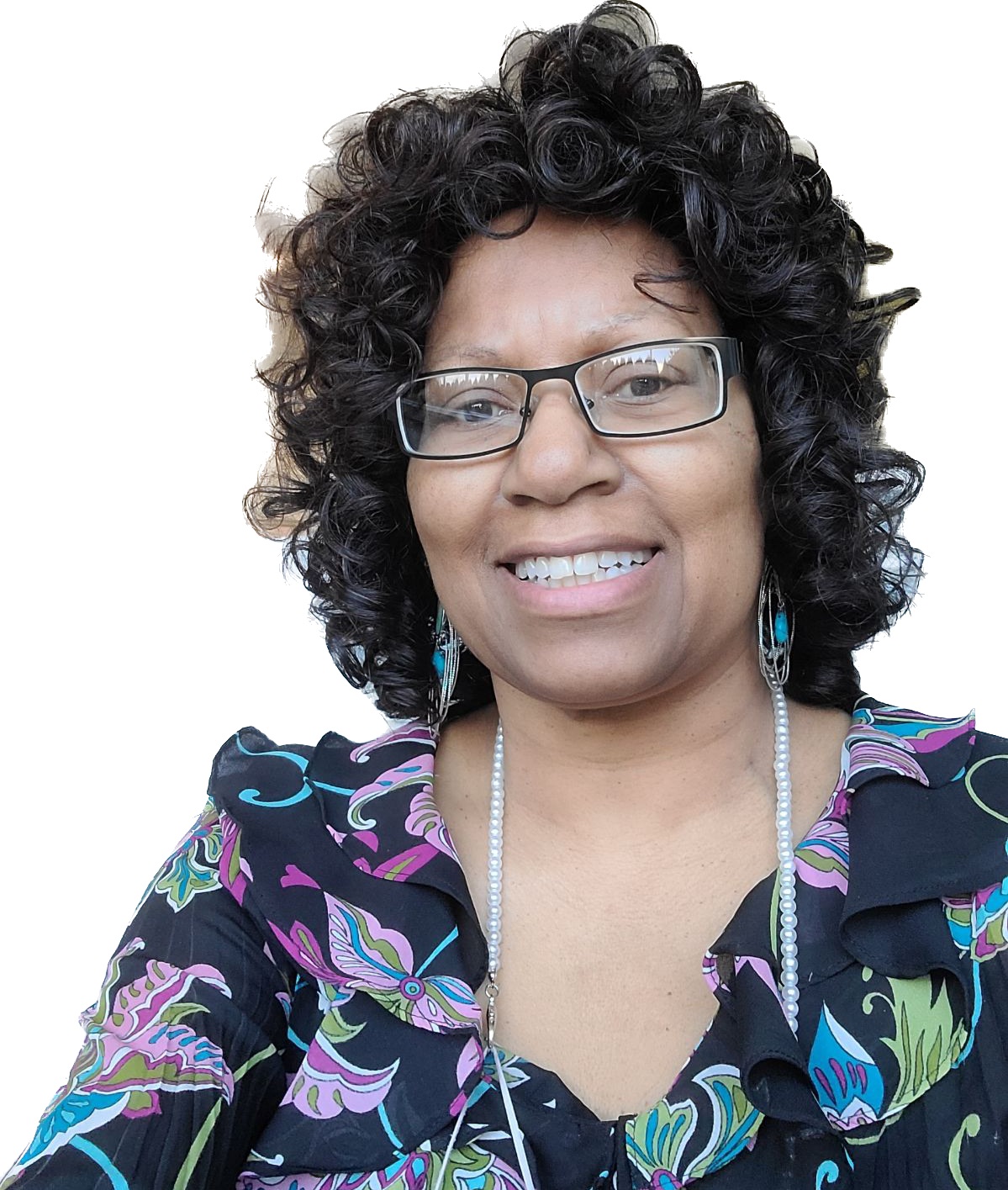 Sharon Isaacs is a retired federal employee who served as a Senior Administrative Officer and Deputy Director with agencies that include the Department of Commerce and the National Oceanic & Atmospheric Agency (NOAA). Her volunteer work over several years has included volunteering as an adult chaperone for the First Missionary Baptist Church Summer Youth Camp, and an IRS-certified volunteer income tax preparer for the AARP & Frederick County United Way Volunteer Income Tax Assistance programs. She recalls her father actively participating in sit-ins to integrate former Frederick businesses such as the Tivoli Theater (now Weinberg Center) and Snow White Grill.
Sharon Isaacs is a retired federal employee who served as a Senior Administrative Officer and Deputy Director with agencies that include the Department of Commerce and the National Oceanic & Atmospheric Agency (NOAA). Her volunteer work over several years has included volunteering as an adult chaperone for the First Missionary Baptist Church Summer Youth Camp, and an IRS-certified volunteer income tax preparer for the AARP & Frederick County United Way Volunteer Income Tax Assistance programs. She recalls her father actively participating in sit-ins to integrate former Frederick businesses such as the Tivoli Theater (now Weinberg Center) and Snow White Grill.

Juneteenth: Honoring the Past Informs Our Future
June 18, 2023A Letter from Our President
Juneteenth holiday. Texas emancipated the enslaved on June 19, 1865, two and a half years after Lincoln’s Emancipation Proclamation, when Union troops arrived in Galveston to let the enslaved know that they were free, starting the nation’s healing. It’s rarely taught. Rethinking our nation’s past helps us understand each other.
After independence, people and systems ensured that Blacks continued to work for plantation owners instead of owning land. Today’s wealth gaps are a result.
Today, several states have deleted American history and anti-racist training from public school curricula at a time when comprehending our past is vital to our future. Juneteenth reminds us that discussing our past strengthens and unifies us. It clarifies current and future difficulties and builds faith and accountability in our systems instead of spreading hostility and blaming.
Policies and investments must be based on historical conditions. Knowledge—not atonement—is accountability.
Accept reality. The Public Health Service and CDC studied hundreds of southern African American men with untreated syphilis from 1932 to 1972 in the Tuskegee Study. 40 years. Syphilis was deliberately infected and left untreated, even after penicillin became available to treat the disease. Cases like the Tuskegee Study, Henrietta Lacks and professional football “race-norming” demonstrate long-term exploitation of Black people that has generated a profound, permanent distrust and disparity in healthcare and science. Juneteenth is a great time to build trust in ourselves and others and exhibit our resilience.
Before the George Floyd tragedy and protests, police officers were frequently found “not guilty” for behaviors that Black people had observed for years in their own communities. Then, those behaviors were caught on film for the world to see.
Law enforcement is just one facet of 400 years of discrimination in healthcare, housing, employment, finance, and education. The 1992 Los Angeles Riots and the Tulsa Massacre, in which a white mob burned down Greenwood, a Black hamlet in Oklahoma, killing hundreds of Black business leaders and displacing thousands, are turning points in our history, across many cities.
Tolerance doesn’t condemn. It investigates how various institutions support repeated negative behavior and proposes ways to eliminate their restrictive residues. Juneteenth shows that studying history may strengthen us by revealing what we can achieve and putting current, often unpleasant realities into perspective.
History can inspire us and provide us with a perspective on contemporary, often harsh situations. It can change the narrative for entire communities.
Juneteenth, like conversations about the Tulsa Massacre and other historical events, unites Americans to resist racism and build a better nation.
Protean Gibril, President
AARCH Society
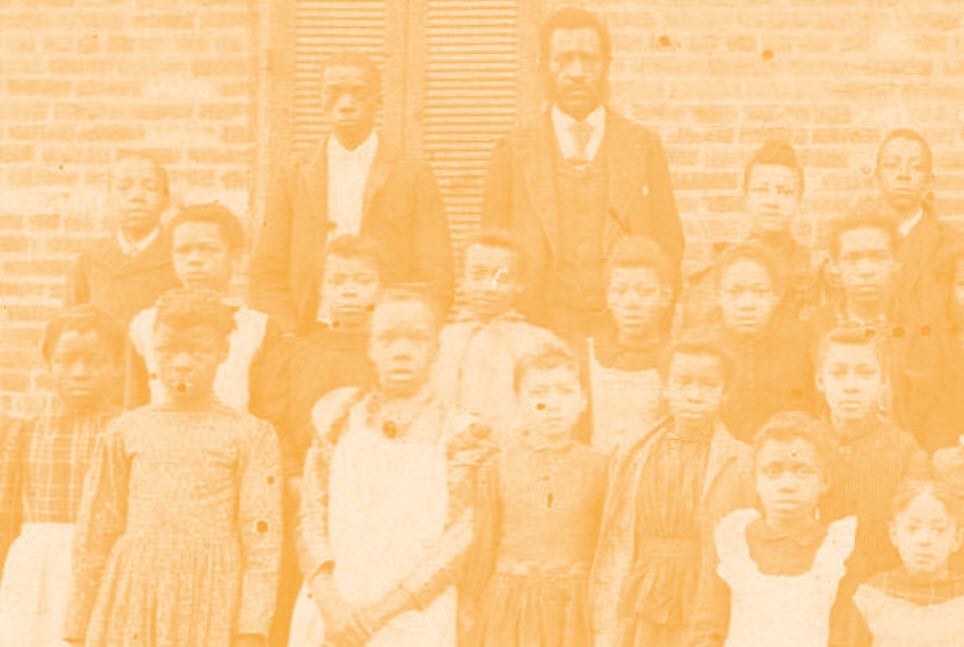
Celebrating Black History Month 2023
March 11, 2023AARCH Society celebrated Black History Month in Frederick, Md., with great events, tributes, and celebrations of our African American history, culture, and contributions. Here are some highlights!
- All month: Items from the AARCH Society Archival Collection filled the entry hall display cases at C. Burr Artz Library, as well as a timeline of notable African American pioneers and ‘firsts’ in Frederick County.
- All month: Yemi’s African Americans of Excellence exhibit appeared at Gaslight Gallery, featuring important members of Frederick County’s African American community, past and present.
- February 7: Board Member Barbara Thompson presented Held in Regard at Walkersville Library, highlighting little-known historical persons, places, and events in the African American community.
- February 12: AARCH Society re-screened “The Tale of the Lion” documentary at C. Burr Artz Library, featuring interviews with some of Frederick County’s oldest African Americans.
- February 23: AARCH President Protean Gibril spoke at Frederick County’s Black History Month Celebration, Black History in the Making, a Special Ceremony.
- February 26: Jackson Chapel United Methodist Church aired AARCH Society’s “Back to Our Bygone Days,” a new documentary featuring recollections from Lincoln School, Frederick County’s first and only secondary school for African Americans until the end of segregation.
- February 28: AARCH Society Vice President Seaven Gordon participated a Moving Us Forward and Maryland Public Television screening and panel discussion of Ric Burns’ “Driving While Black, Race, Space, and Mobility in America” at the Delaplaine Center.
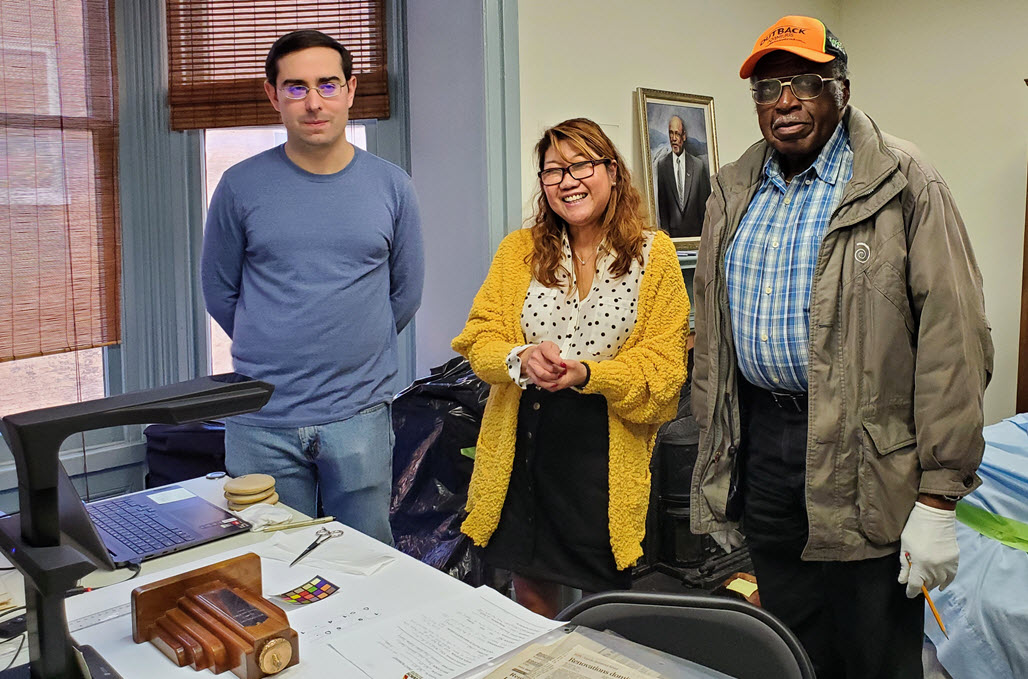
Meet Our New Collections Manager
January 28, 2023We are thrilled to welcome Leone Cahill-Krout as AARCH Society’s first Collections Manager. In this part-time, grant-funded role, Leone is establishing policies for archive management and organizing and curating items from the AARCH Society archive, including those that will be used in the Frederick African American Heritage Center. Leone, who graduated from Northwestern University with a degree in museum studies and manage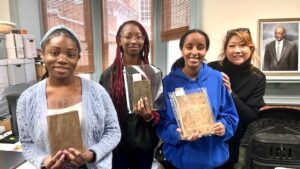 ment, joins us from her most recent position with Old Swedes Historic Site in Wilmington, Del. “As Executive Director of Old Swedes, I had the opportunity to reexamine and apply conservation and curatorial principles to their museum collection dating to the early 17th century. It was the highlight of my tenure,” Leone says. “I look forward to working with the Collections Committee and being part of AARCH Society’s next chapter and much-anticipated opening of the new Heritage Center.” On a recent Saturday in January, Leone was able to share her experience with an excited group of high school students who got first-hand experience in museum preservation through our partnership with Frederick County Public Schools. The students are volunteering with our Collections Committee, learning basics of how to organize and preserve archival documents.
ment, joins us from her most recent position with Old Swedes Historic Site in Wilmington, Del. “As Executive Director of Old Swedes, I had the opportunity to reexamine and apply conservation and curatorial principles to their museum collection dating to the early 17th century. It was the highlight of my tenure,” Leone says. “I look forward to working with the Collections Committee and being part of AARCH Society’s next chapter and much-anticipated opening of the new Heritage Center.” On a recent Saturday in January, Leone was able to share her experience with an excited group of high school students who got first-hand experience in museum preservation through our partnership with Frederick County Public Schools. The students are volunteering with our Collections Committee, learning basics of how to organize and preserve archival documents.
Top photo: Leone Cahill-Krout, center, is pictured at AARCH Society’s Federated Charities office with left, Scott Keefer, Collections volunteer, and Seaven Gordon, AARCH Society Vice President. Bottom photo: Jordin White and Ocoee-Rose McCaskill from Oakdale High School and Leila Gibril, Linganore High School, and Leone.

Amaze Design Selected for Heritage Center
August 18, 2022AARCH Society is excited to announce another step forward in the Heritage Center Vision: after reviewing several proposals for exhibit planning and design, the Society’s evaluation team recommended the selection of Amaze Design of Boston, Mass. In July, the AARCH Society Board voted to affirm.
“The Amaze Design team has a proven track record of producing extraordinary presentations that will serve us well,” says AARCH Society President Protean Gibril. “Their organization includes a talented team, and their proposal provided examples that we feel will create an exciting experience to provoke and “wow” Heritage Center visitors.”
Amaze Design has experience designing for a wide range of audiences nationally and internationally, with a client list that includes the National Park Service’s African Burial Ground in New York City, the August Wilson African American Culture Center in Pittsburgh, the Smithsonian National Museum of African American Culture, the Tubman Museum in Macon, Ga., and the National Children’s Museum in Washington, D.C.
On August 18, Amaze Design’s Scott Rabiet will be in Frederick to see the Heritage Center site and tour the downtown area and Frederick Visitor Center with members of the AARCH Society Board.
The dream of establishing a permanent home for the African American Resources Cultural and Heritage Society (AARCH) is nearing fruition, with the goal of opening The AARCH Society Heritage Center in 2023.
Two decades in the making, it fulfills former Alderman William O. Lee’s vision. The new Heritage Center will be a vibrant place to tell the important and under-represented story of Frederick’s African American community.
The City of Frederick provided a lease for a 3,200-square-foot facility on the corner of Carroll and All Saint’s Streets. Ideally situated near the Frederick Visitor Center, the Delaplaine Arts Center, and the Sky Stage, the AARCH Society Heritage Center adds another prominent destination for heritage tourism.
The Heritage Center will include permanent exhibit space, a multi-purpose area suitable for theater/meeting space, and research and archival facilities. It will showcase local artifacts and feature first-hand accounts of Frederick’s living treasures, local African American residents 90 years old or older.
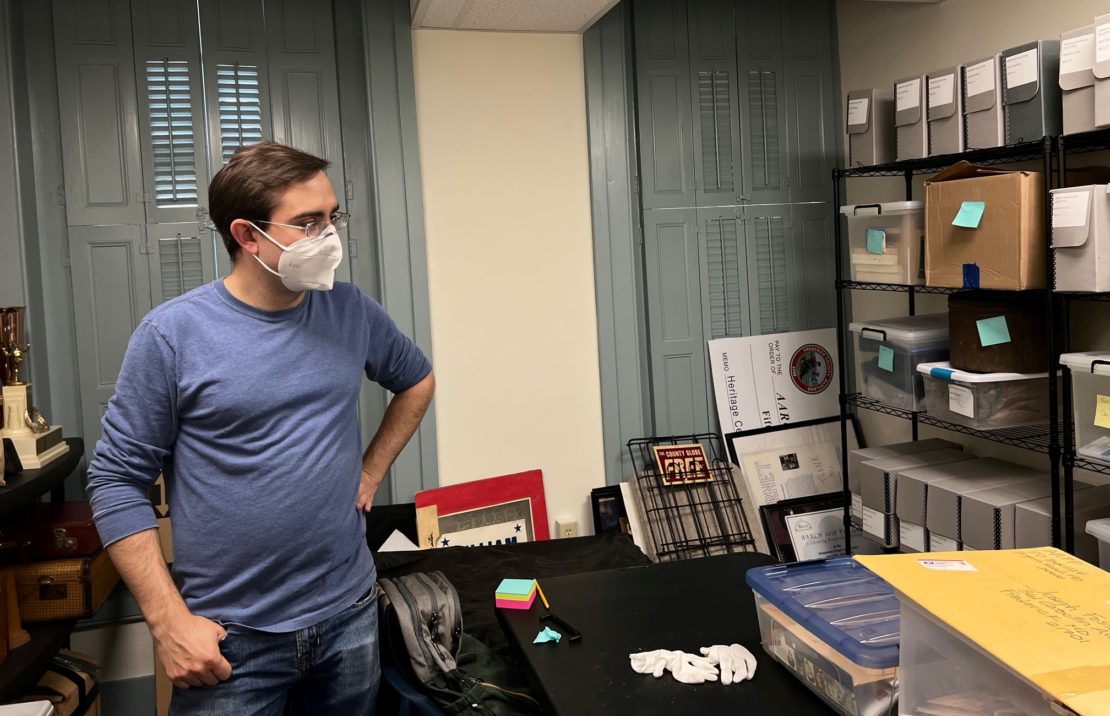
AARCH Collection Archiving Gets Underway
July 27, 2022The AARCH Society has taken another important step forward in David Key’s vision of creating a permanent home showcasing Frederick County’s African American history, culture, and contributions.
In May, volunteers moved more than 80 percent of the AARCH Collection into a space in the Federated Charities Building on South Market Street in Frederick. The manuscripts, photos, and artifacts that make up the collection had been spread out among several locations and, in some cases, in less than ideal conditions for historic preservation.
With this move, the collection can be cleaned, categorized, and labeled, as the first step in meeting the standards and requirements for a permanent archival storage space.
Scott Keefer (pictured above) is leading the Collection project with a core group of 6 to 8 AARCH volunteers. Scott works as the Provincial Archivist for the Daughters of Charity Emmitsburg, MD, which operates the Mother Seton Shrine and Museum, and has been in the field for six years. He entered the profession through an internship with the Pennsylvania State Archives while in college.
Two of the most exciting pieces Scott has seen include Black Frederick activist and barber Pete Sewall’s barber chair and a Reconstruction-era voting box with a hand-painted canvas sign from the Pythian Castle saying ‘Vote Here Today.’ “The sign work itself is just beautiful,” Scott notes.
The Collection is in the early organizational stages, but Scott estimates there are between 100 and 150 artifacts taking up about 80 feet of shelving space. Ultimately, the collection will be digitized and searchable, as well. Scott is working with a core group of six to eight AARCH volunteers to organize the collection, but says it offers a great opportunity for all history lovers to get involved in something important.
“If there are students who want to be involved in history or people who want to get involved, there are opportunities to just put letters or papers in chronological order and help categorize pieces,” he notes.
The Mission of the AARCH Society is to identify, collect, preserve, and make publicly accessible through programs and services the objects, artifacts and stories about the history, heritage, culture, and contributions of African Americans in Frederick County past and present. Through this, we can educate, enrich, and enlighten current and future generations.
To volunteer with our Collection project, please email aarchsociety@gmail.com.

Juneteenth 2022: Message from Our President
June 19, 2022As we celebrate the second national observance of the Juneteenth holiday, America’s second Independence Day, we celebrate in spirit with the 250,000 plus formally enslaved African-Americans in Galveston, Tex., when their freedom was declared in the Emancipation Proclamation on June 19,1865.
The legacy of Juneteenth is the history and the story of the strength and resiliency of Black Americans who refused to give up during the most painful period in American history when they were torn from their lives in Africa to endure centuries of enslavement in the Americas.
Remembering, preserving, and celebrating these stories of resiliency is what makes the mission of the African American Resources and Cultural Heritage (AARCH) Society so pertinent and relevant today. We recognize that June 19th, 1865 marked the beginning of a journey that promised to lead to freedom, equality, and justice for formerly enslaved Americans. We know that the journey continues. Though progress has been made, 157 years later, we still have much work ahead to realize the full promise of emancipation and equality.
As the Society moves closer to opening its African American Heritage Center in 2023, where the often-omitted stories of African Americans in Frederick County, Md., will be recognized, presented, and celebrated, we take the banner from the ancestors whose day of emancipation we celebrate on Juneteenth.
We thank the community for its support as we make progress toward realizing the vision of William O. Lee Jr. and David V. Key, are now among the ancestors. We are grateful for a Board of Directors, funders, volunteers, and members who believe in and support our mission and the vision for the future. We encourage everyone to learn about the history of Juneteenth and to find ways not just to celebrate emancipation day but to continue to find ways to effect positive change in their communities and in the world.
Protean Gibril, President
AARCH Society Board of Directors
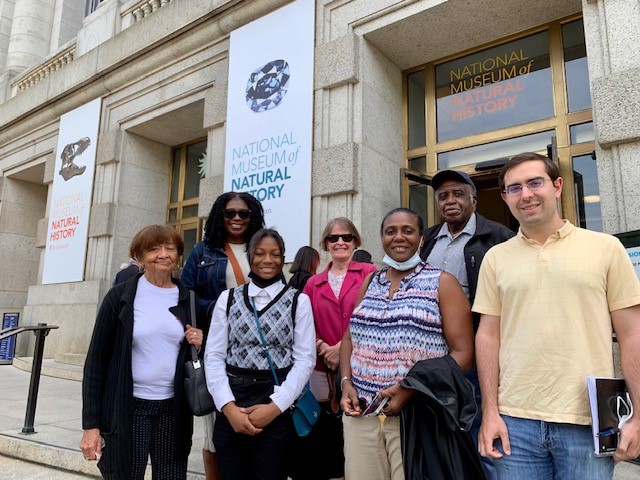
Smithsonian Reveals Details of Those Enslaved at Catoctin Furnace
May 30, 2022AARCH Society was honored to receive a personal, behind-the-scenes tour at the Smithsonian Museum of Natural History in May to learn about their forensic anthropology research findings on the remains of several enslaved workers from the Catoctin Iron Furnace.
The remains of a woman in her 30s, her infant child, and a teenage boy were uncovered during the 1979 Route 15 expansion. Excavation for the highway revealed a cemetery designated for enslaved workers of the iron works. Thirty-five graves, located within the highway construction right of way, were excavated.
“There are so many important stories to be told about the contributions and ongoing legacy of the African Americans who worked at the furnace and their descendants,” said Protean Gibril, President of AARCH Society. “This was a fascinating yet emotional experience for us. It’s important to understand this history, but sad to see the evidence of the hardships so many people faced daily and the toll it took.”
Smithsonian forensic anthropologists Doug Owsley and Kari Bruwelheide began the tour with a brief explanation of forensic anthropology and the details that can be culled from skeletal remains about a person’s lifestyle, environment, physical condition and hardships, and diet. The team has looked at more than 15,000 skeletons from historical sites across the nation.
With the technological advancements of 3D modeling, the Smithsonian has been able to reconstruct physical likenesses of some of the remains in their collection, including a young woman who lived in colonial Jamestown and two individuals found at Catoctin Furnace: a 30- to 35-year-old mother and a teenager.
The Catoctin Furnace Historical Society began a reanalysis of the enslaved workers’ remains in 2013. From the bones, Owsley and Bruwelheide could see spinal deformation from carrying extremely heavy loads and high levels of zinc in the bones of one worker. Zinc, released during iron production, can cause anemia when inhaled in high doses. They also noted craniosynostosis, a fusing of plates in the skull which can be heredity or possibly caused by high exposure to smoke. This condition can damage the brain when it occurs early in a child’s development.
“The bones of Catoctin men and women show – almost literally – the effects of back-breaking labor. One elderly man’s spine was so damaged by a lifetime of hard work that he was unable to stand up straight,” said Bruwelheide.
Elizabeth Comer, President of the Catoctin Furnace Historical Society, has collaborated with the Smithsonian on this project and attended the May tour. “Against their will, the enslaved artisans of Catoctin Furnace produced vast wealth and prosperity for the owners, one of whom, Thomas Johnson, became the first governor of Maryland, in 1777, and a representative to the Maryland convention that ratified the federal constitution in 1788,” Comer said. “Even as he was endeavoring for freedom from Great Britain, he was the owner of the largest number of enslaved persons in Frederick County.”
The Smithsonian team has been able to extract ADNA from the remains of 29 individuals, which, if added to ancestry databases, may enable descendants to trace their history back to Maryland’s colonial days.
It is one of many ironies inherent in our nation’s past that enslaved workers at the Catoctin Furnace provided iron used to make cannonballs during the colonies’ War for Independence against Great Britain. Watch a National Park Service video on the history of African Americans at the Catoctin Iron Furnace.
- 1
- 1-10 of 10 results